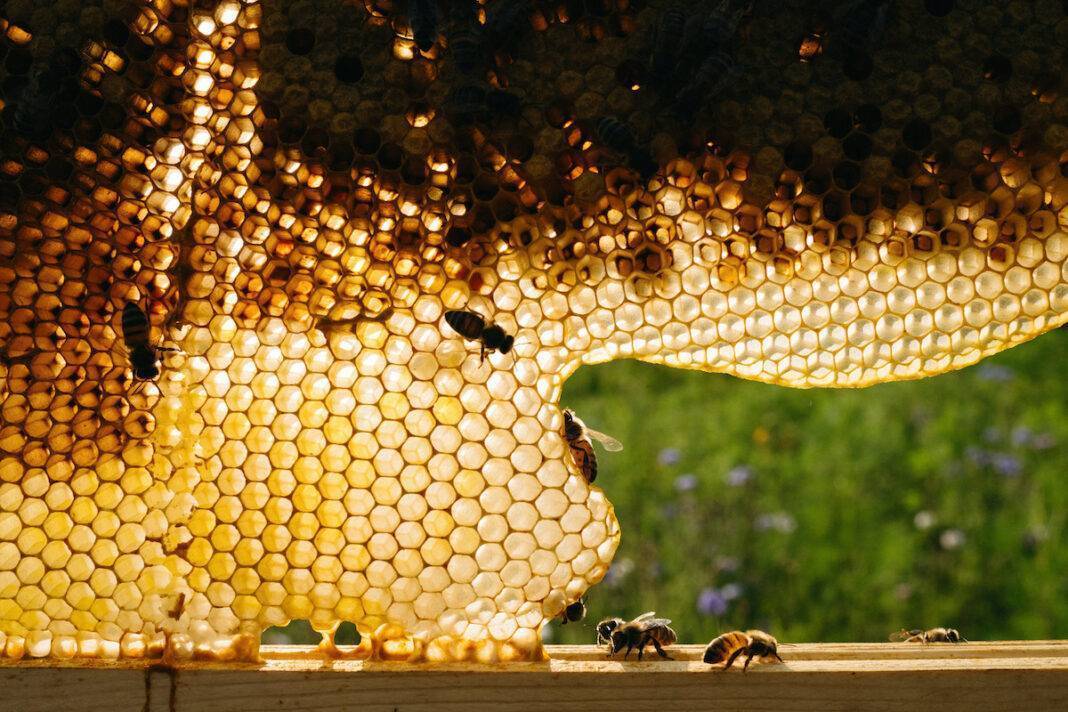When Spencer Kelly was in grade five, his teacher became exasperated by what she called his “daydreaming.” While the other kids had turned to the appropriate page in their textbooks, Kelly would be staring out the window. When his classmates were turning in their assignments, Kelly was still sketching in the margins. Helicopters, which were a fascination of his. Sharks.
His parents joked they could send him to his room to retrieve his shoes, only to discover him, 45 minutes later, still shoeless but having constructed a Lego Blackhawk. Unlike those around him, Kelly saw no problem with his daydreaming.
Neither, increasingly, do some researchers who have coined different terms for it. Attention Restoration Theory, for instance, uses the term “soft fascination,” and holds that, according to New York Times columnist Lisa Damour, “soft fascination relieves stress by helping us close those mental browser tabs; unhurried reflection lets us sift through mental clutter, quiet internal noise, and come up with fresh, useful solutions.” Soft fascination is the opposite of our productivity-obsessed culture. It isn’t about achievement at all.
Not surprisingly, we often experience soft fascination in nature, where stress is relieved, our ability to focus is restored, and little that our society values is accomplished.
Johann Hari, author of Stolen Focus, discovered soft fascination, which he called mind wandering, when, exhausted from what he described as fattening himself up on information “like some sort of foie gras goose,” he began walking in nature. “I came back from these long walks feeling so alive and mentally fertile,” he told podcaster Ezra Klein. “And I started building in loads of space for mind-wandering. I started to see connections between things I hadn’t thought about before, I started processing things in my past, I started creating visions for the future.”
It is likely only a matter of time until our culture commodifies soft fascination, giving us goals and strategies to achieve it. But the joke’s on them. All it takes is an aimless walk in the woods or, if that’s impossible, the willingness to do nothing more than stare out a window and let your mind do the wandering.

